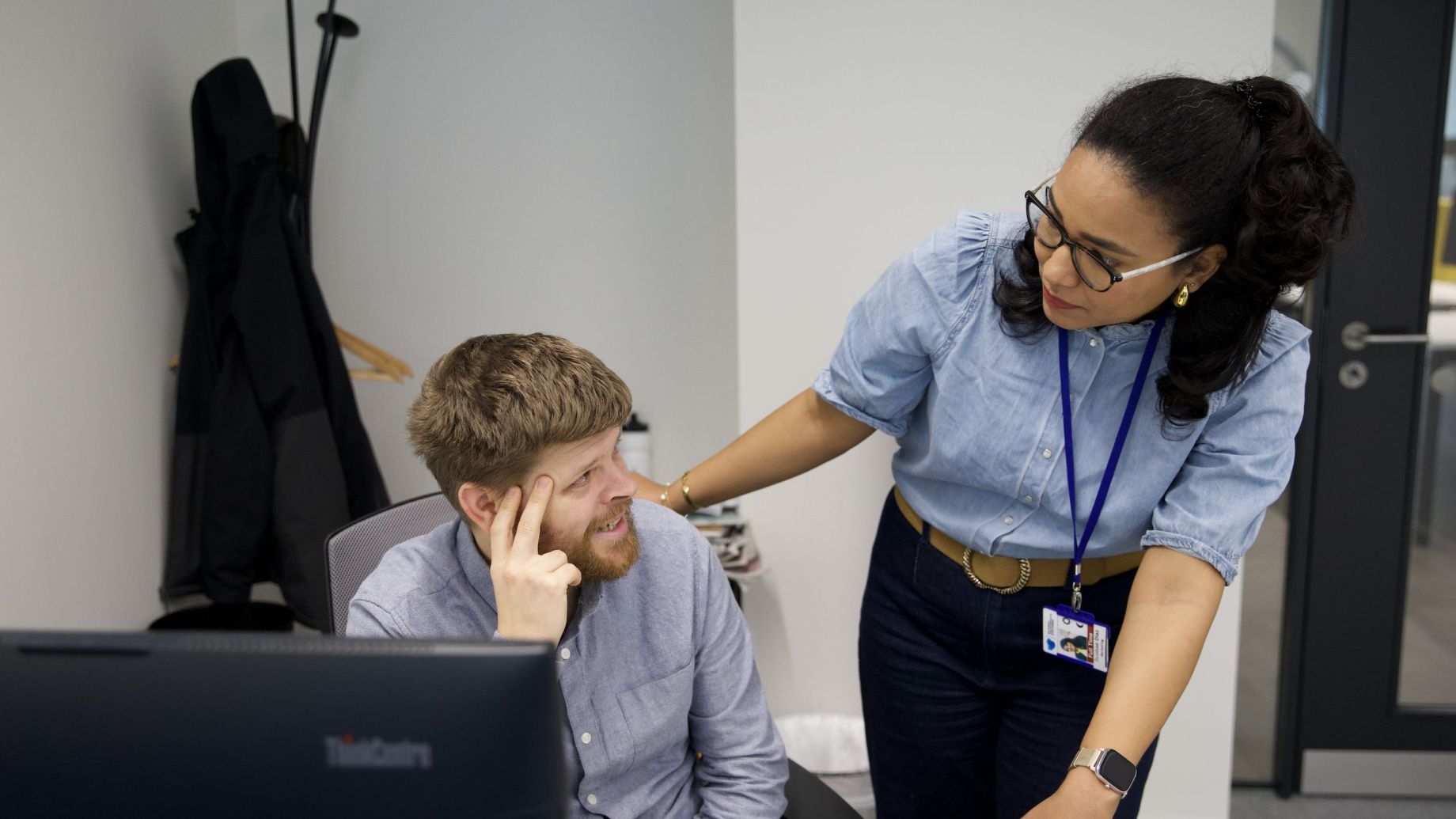Global University Systems
Our
policies


Policies
Pending board approval:
This statement is presented on behalf of Global Academic Holdings Ltd and its UK subsidiaries, which fall under the scope of section 54 of the Modern Slavery Act 2015 The statement lays out the steps which have been taken in the year to 31 May 2025 to help ensure modern slavery and human trafficking are not taking place in our supply chains or any parts of our business.
Click below to download the Modern Slavery Statement for the financial year ending 31 May 2025.
This statement is presented on behalf of Global Academic Holdings Ltd and its UK subsidiaries, which fall under the scope of section 54 of the Modern Slavery Act 2015 The statement lays out the steps which have been taken in the year to 31 May 2025 to help ensure modern slavery and human trafficking are not taking place in our supply chains or any parts of our business.
Click below to download the Modern Slavery Statement for the financial year ending 31 May 2025.